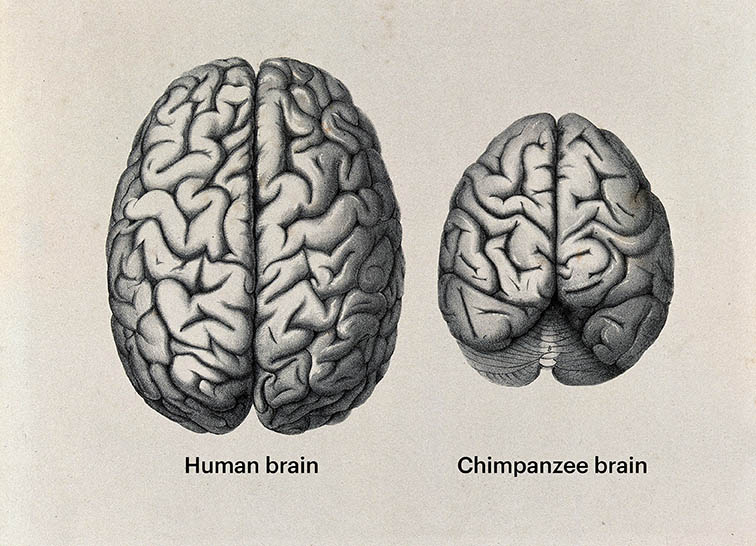Our capacity for culture stems from our ability to receive, process,
integrate, and transmit information across generations. The study of
human culture and cultural change has made great strides during the
last few decades in fields such as anthropology, computer science,
evolutionary biology, neurobiology, psychology, and sociology. A great
deal of progress has been made in parallel with the study of animal
behavior in primate studies, ethology more broadly, and the various
ecological sciences. Yet, the study of cultural change as an evolutionary
process, similar to genetic evolution but with its own inheritance
mechanisms, is only now becoming a central area of scientific inquiry
that spans these disciplines and holds much potential for academic
integration.
Outside the Ivory Tower, all public policies attempt to accomplish cultural
change in a practical sense to reach their various objectives, yet they
rarely draw upon an explicit scientific theory of cultural change. A new
society is needed to catalyze the study of cultural change from a modern
evolutionary perspective, both inside and outside the Ivory Tower.
A 2015 Evolution Institute workshop, “Advancing the Study of Cultural
Evolution: Academic Integration and Policy Applications,” laid the
groundwork for the formation of this society. The workshop was organized
by Michele Gelfand, a cultural psychologist at the University of Maryland,
and the biologist David Sloan Wilson.
The participants represented a melting pot of disciplines that need to
become integrated to create a science of cultural change informed by
evolutionary theory. They strongly endorsed the need for a society to
accomplish the objectives identified during the workshop.

